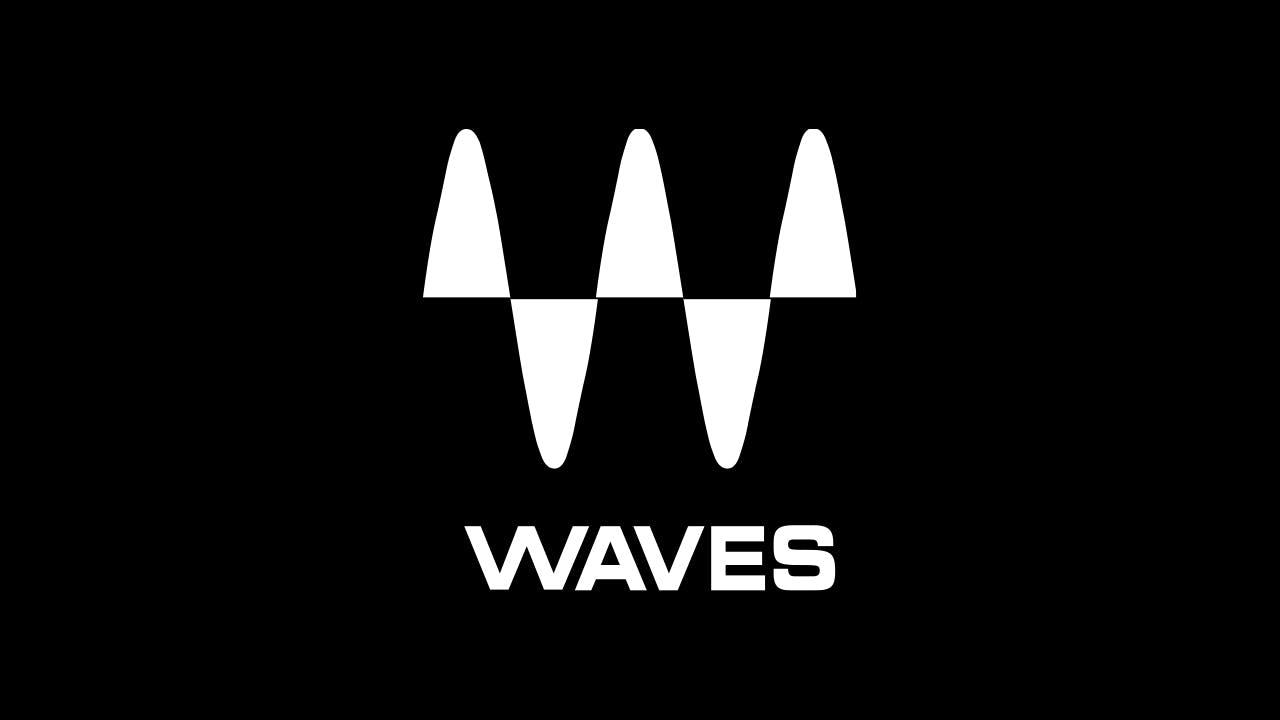kemmler3D
Master Contributor
You have a point here. My way out of the conundrum is simply to arbitrarily define "accurate = good"*. I feel happier knowing that I'm hearing "the truth" even if the truth sounds a bit like dog doodie.This is something I've pointed out before...
When the subject is whether anyone would *prefer* audible distortion added to their playback, for instance a tube amp with audible distortion, it's very common from the accuracy-first folks to say "Well, ok, one might like some distortion for some content, but if you add the same distortion then only some stuff may sound good, other tracks will sound worse."
Basically: The effect will be variable with recordings: some will sound good, others won't.
But that is precisely the situation someone is in with an accurate system!
Due to the variation in sound quality in recordings, an accurate system is going to expose bad and good recordings, so your experience of "good sound" will vary across recordings. Some will sound worse than others, some better.
So there is no "win" in that regard for the accurate system in terms of the argument above regarding a preference or not for some distortion.
As it happens, like I stated before, I tend to like the tube distortion across pretty much all content. I prefer to have as many recordings sound good to me as possible, and I find my tube amplification seems to work very well in meeting this goal. (Similarly, I'm sure that some people who've gone for strict accuracy can also enjoy music across a wide variety of recordings. Ultimately that comes down to the individual).
No joke, I found a recording that arguably sounded better on a mono bluetooth speaker in the corner of my garage than it sounds on my LCD-XC. It was just mixed for cheap 80s radios, I think, and they succeeded at the expense of everything else.
These recordings really test my ability to fully defend the position "accurate = good", (in my own mind) but even so, it's fairly solid ground as arbitrary positions go, and I'm reluctant to let it go.
*Before anyone has a stroke reading this... the definition of "good" is always subjective and therefore arbitrary, in all things. "Accurate = good" tends to be an implicit assumption / definition around here, but in the wider world, opinions vary.


